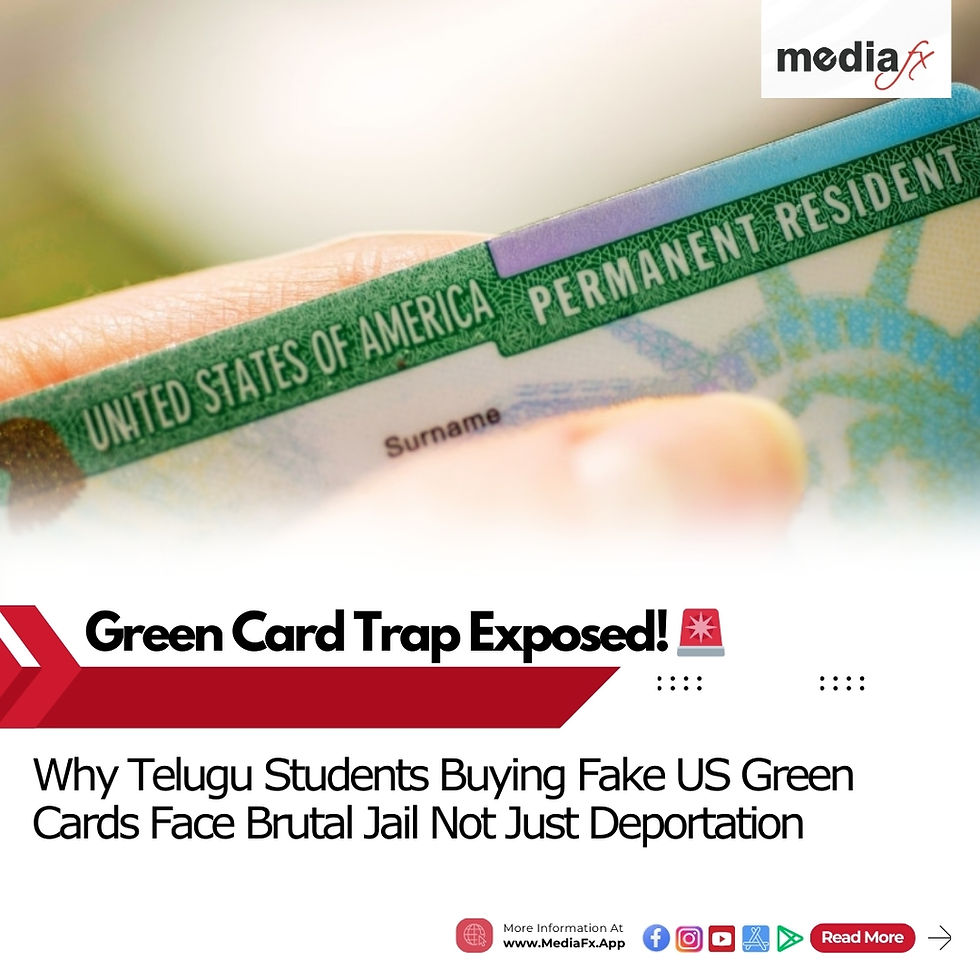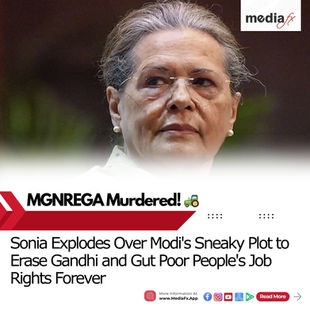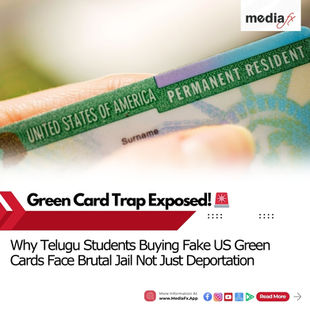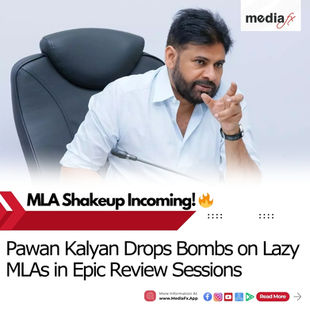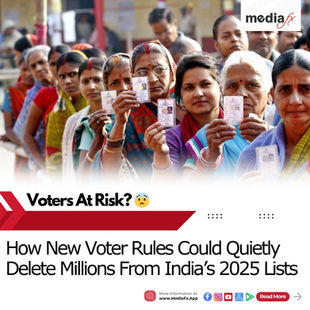🤝 Modi & Trump: From Trade Fights to Friendship Vibes
- MediaFx

- Sep 6, 2025
- 2 min read
TL;DRDonald Trump, who was recently bashing India over Russian oil imports and tariffs, suddenly changed his tone and called PM Modi a “great Prime Minister” and a “friend.” In response, Modi said India and the US enjoy a “very positive and forward-looking Comprehensive and Global Strategic Partnership.” Basically, one day fight, next day friendship.
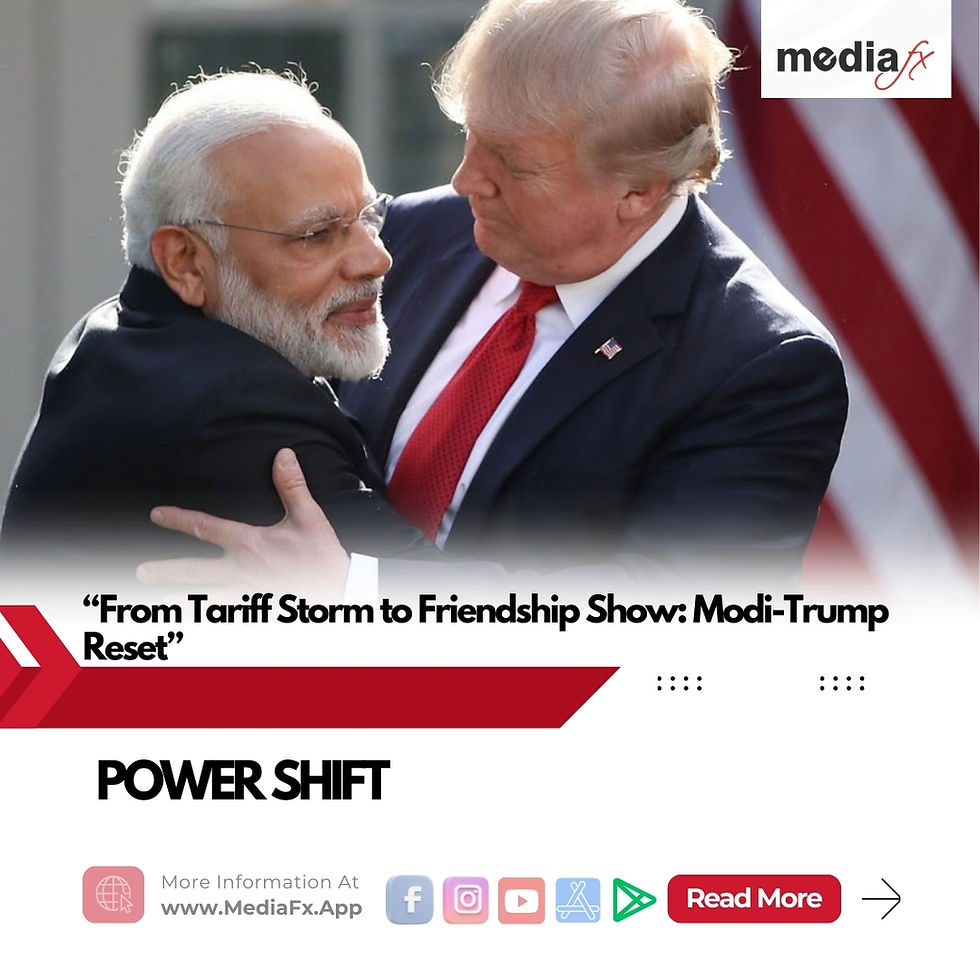
What Happened
Trump’s ShiftOn September 5, 2025, Trump softened his tough stance. Instead of stressing on tariffs and oil imports, he praised Modi and said India and the US have a “special relationship.” He added that differences are just “temporary moments.”
Modi’s ReplyOn September 6, PM Modi posted on X, appreciating Trump’s words and “fully reciprocating” the sentiment. He stressed that India-US ties remain positive, forward-looking, and strategic.
The Context
Tariff WarJust weeks earlier, Trump imposed 50% tariffs on Indian exports, citing India’s trade with Russia. This was one of the harshest trade moves against India in decades, sparking worries among Indian exporters, small businesses, and workers.
Geopolitics at PlayModi also attended the SCO Summit in Tianjin, where he was seen engaging with Xi Jinping and Vladimir Putin. This shows India’s strategy of balancing ties with multiple powers instead of depending only on one.
Careful MessagingModi’s reply was warm but calculated. He avoided escalating tensions while still protecting India’s diplomatic space.
Why It Matters
This isn’t just about Modi and Trump’s public friendship.
Trade wars affect ordinary Indians — from farmers who depend on exports, to workers in small industries hit by tariffs.
India’s balancing act with the US, Russia, and China shows how tough it is to keep global powers in check while looking after local needs.
MediaFx Opinion
From the people’s side, the key issue is not whether leaders call each other “friends,” but whether such ties actually reduce the pressure on workers, farmers, and small traders. Tariffs hurt ordinary people the most, while big corporates often escape the damage. A truly “positive” partnership should mean fair trade, peace, and less burden on common Indians — not just friendly words at the top.


